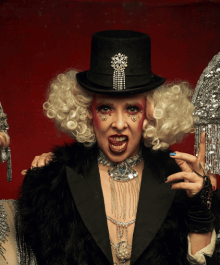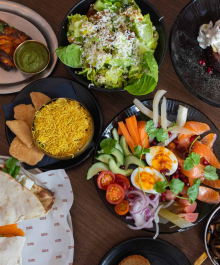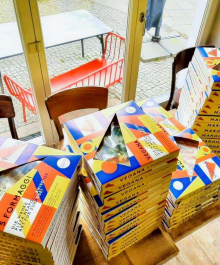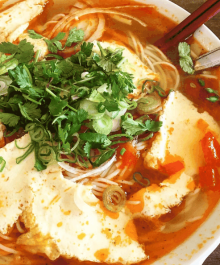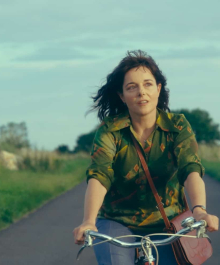
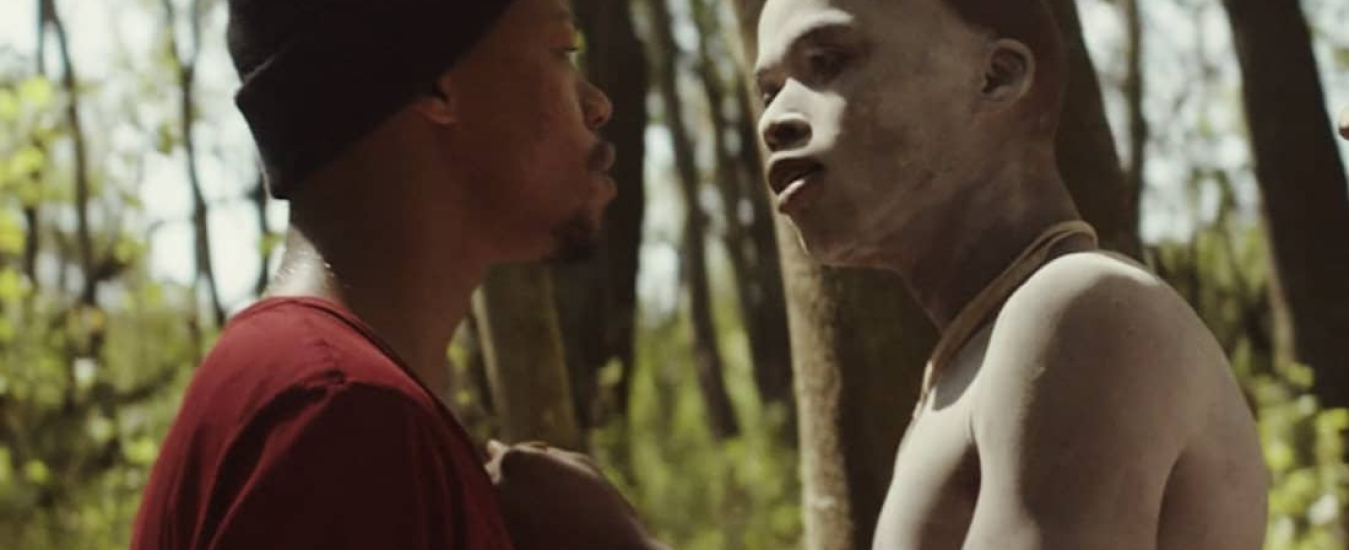
Trengove’s Film The Wound Pitches Sexuality Against Masculinity
By Martin Stokes . March 1, 2017
What is masculinity? Opening the Panorama section of Berlinale this year, John Trengove‘s first feature length film, The Wound, tries in earnest to answer this question.
Taking place during Ukwaluka – a very rarely spoken and sometimes deadly Xhosa penile circumcision ritual – the film presents a sometimes unsettling series of events that transpire during a group of initiates’ trip to “the mountain” as they transition into manhood. Trengove’s directional lens, however, focuses less on the boys participating in the ritual circumcision and more on the men who have been charged as caregivers for the initiates as they struggle with their own sexual identities and incipient grasp of masculinity.
‘The Wound’ is a powerful and hard-hitting look at the way in which the ideals of masculinity and homosexuality are perceived, both in a traditional and modern way, and examines the place they occupy in society today.
These ideals are fleshed out through a somewhat haunting but nevertheless spectacular performance by Nakhane Toure. Solemn and thoughtfully melancholic, it is through his character’s eyes that we follow the the boys in their journey from surrounding communities to the mountains in South Africa’s Eastern Cape.
Toure and Trengove sat down with me to discuss the motivation behind the making the film, viewing and understanding Ukwaluka as an outsider, and the various facets of masculinity.
What drew you towards writing a story about Ukwaluka?
J: The idea of a rite of passage into manhood is a really interesting thing. The world is fucked-up and men are under-fathered. We don’t know where we fit into the world or what it means to be a grown-up. So the idea that there’s this ritual where men come together and show a young man his place in the world and his place in the community, where he comes from and what is history is, is profound. I’m obviously romanticising it and there are a lot of political and cultural complexities to an initiation like this. But I think that for me was interesting.
Would you term Ukwaluka ‘genital mutilation’? With female genital mutilation banned in most countries and a movement to get it banned worldwide, why do you think these issues that face boys do not receive the same attention?
N: No, I wouldn’t. Because I think there’s agency at some level. Most of the boys who do get initiated really want to go – although on some level there’s some sort of peer pressure – so they can be seen as men. Because sometimes they’re not treated well within the community, that rite of passage is very important for them to be recognised as a human being. So they stand a lot to gain by going through the initiation. I think it depends on where you come from, but I don’t think it’s genital mutilation. Because most of the time there’s no consent – it’s forced and violent. Whereas these boys that go to the initiation are grown-ups. They can vote, they can make decisions for themselves, they can run away if they want to.
J: I think on a purely physical level, female circumcision is a lot more severe and painful, and it’s really about stripping women of agency and sensation. It’s about controlling women. Whereas the symbolism of male circumcision is about empowering them. Obviously there are stories about botched circumcisions and there are situations where it’s done badly. However, I think that’s a separate issue.
In a climate dominated with issues of women’s rights, did you make this film to draw attention to a very male issue?
J: Well, yes. It’s a film about men but it’s told from the perspective of outsiders. And I’m also an outsider to the culture. And I think that gives it a critical lens to look at these issues through.
N: It interrogates it, too. It interrogates masculinity.
J: I wouldn’t say the film has a political agenda, just that it is politicized. I’m not pushing for a certain kind of idea for human rights. I’m presenting a very complex problem, and hopefully challenging an audience’s own sensibilities and perceptions.
John. As a white South African, did you face difficulties in portraying a ritual and culture that’s foreign to your own, and did you feel you had to approach the subject with extra sensitivity?
J: I mean yes and yes. What rights do I have to speak about these things? It is a complicated issue and I would never pretend to have it all figured out. I tried to challenge myself most of all in making this film. I deliberately constructed a story and created a process that would disrupt my own perceptions and value systems. It’s about asking an audience to challenge their own assumptions, and saying I don’t know what’s good and right for a character like Xolani. I can approach this subject up to a point and then I can go no further. I hope that the film honours that.
Nakhane. As a Xhosa, what does it mean for you to be in this film? What were your reasons for getting involved?
N: I did it for a number of reasons. And one of the reasons was personal. I felt like a large part of my life that I wasn’t represented in the media in general. Especially in this particular rite of passage. People like me don’t exist, right? Just before we finished the film, there were gay Xhosa men on Twitter having conversations about what happened on the mountain, and no one believed them. People called them perverse, and accused them of stretching things. So for me, sharing these stories with people like that is important. I mean, it happened to me too. I felt like I wanted to make this film to make them feel like they’re not alone. It’s like when I read books, or listen to music, or watch films, it reminds me that I’m not crazy, that my feelings are not unique in any way. And maybe there’s some kid out there who will watch the film and won’t kill themselves because they’re represented and that someone has been through what they have.
Many of the film’s characters have a traditional heterosexual-centric view of masculinity, therefore it’s pretty interesting that you chose to make Xolani, Vija and Kwanda homosexual. What were your motivations behind it?
N: Well are they all gay?
J: That’s the first question. That’s a word we didn’t use in the film for the reason that I think it’s a label that somebody like Kwanda would put on themselves. It’s as much of a lifestyle and value system as what you would do with your penis. So I think for men like Vija and Xolani, gay isn’t really a thing. This is something that they do that falls within their friendship. They are men within a world of men and what men do is get married and have children so it’s a different way of bracketing that thing. Which is interesting, especially for someone like me who calls themselves gay. I think of gay as this primal thing – it’s who I am. There’s nothing more gay than me. The idea that it’s a constructed identity, and that there are more fluid ways of thinking about sexuality is interesting.
Is this traditional view of masculinity and machismo compatible or at odds with homosexuality in a modern society and within traditional cultures?
J: The relationship is problematic and I think that’s what the film unpacks. But at the same time it shows the superficiality and ludicrousness of those ideas. I mean, what the fuck is machismo? Machismo is something that all men suffer from. We all feel inferior to the idea of a masculine ideal. Every man lives with an inferiority complex. That’s absurd if you think about it! But that’s not just a gay experience; it’s a masculine experience.
Thank you John Trengove and Nakhane Toure! Berlin Loves You.
